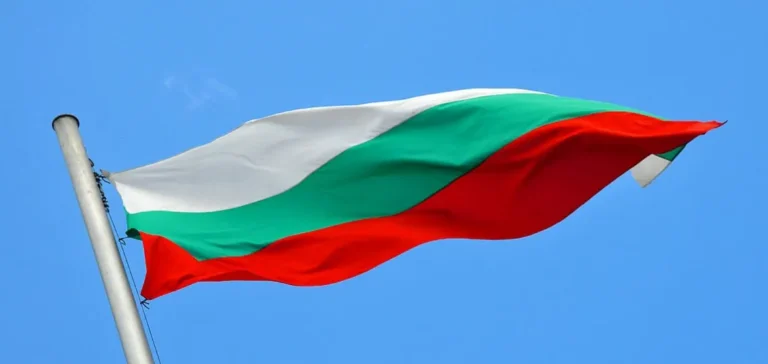The Bulgarian National Audit Office has released a detailed analysis of the progress of the National Repository for Long-Term Storage of Low- and Intermediate-Level Radioactive Waste project, revealing a delay of more than ten years compared to the initial schedule. The facility, whose construction was approved by the Council of Ministers in 2005, was due to have its first phase completed in 2015. This deadline was then postponed to the end of 2021, without result.
Administrative procedures and major incidents
The report specifies that the State Enterprise for Radioactive Waste Management and Recycling (SERAW) highlighted the excessive duration of coordination procedures between institutions, as well as administrative appeals lodged by several non-governmental organisations. The temporary suspension of work following a fatal accident in 2019, the need to strengthen foundations, and the volatility in material prices increased the challenges. The supply of qualified personnel and disruptions in the supply chain were also identified as major obstacles to the progress of the project.
Contractual shortcomings and governance
The bankruptcy in 2024 of one of the members of the German-Bulgarian National Disposal Facility consortium, responsible for the implementation of the project, led to the transfer of responsibilities to the other partners in the consortium. In parallel, the National Audit Office identified significant violations of public procurement regulations: six contracts were awarded by direct procedure even though the amounts involved required a public tender, in breach of current legislation.
Personnel management and next steps
Between 2022 and 2023, 199 people were hired or retained in their positions, with no selection process for 97% of them. The repository site, located near the Kozloduy nuclear power plant, is designed to hold up to 138,200 cubic metres of waste from industry, the medical sector, the decommissioning of units 1 to 4 at Kozloduy, and future nuclear operators. Only low- and intermediate-level waste will be stored, with the site planned to operate for 60 years, followed by a 300-year monitoring phase.
The project is part of Bulgaria’s commitments made during its accession to the European Union. According to the National Audit Office, the final permit from the Nuclear Regulatory Agency is expected by the end of 2025. Two recommendations were issued to the Ministry of Energy and six to the management of SERAW, to be implemented within seven months.






















